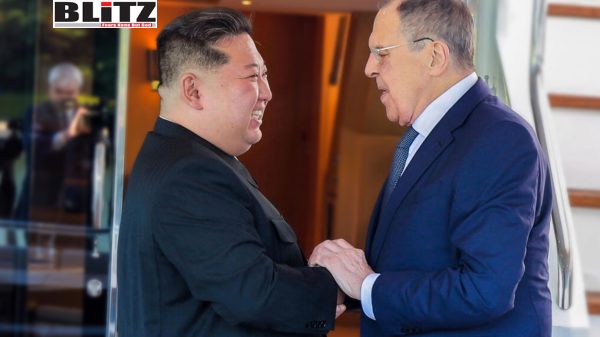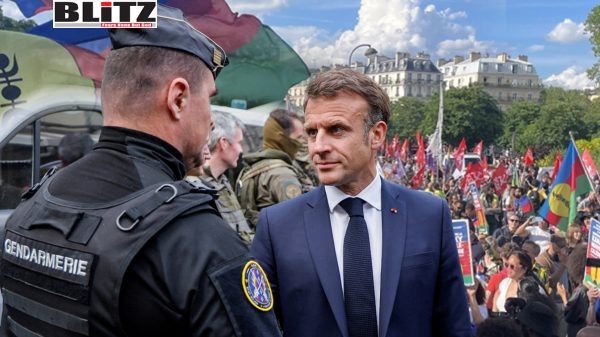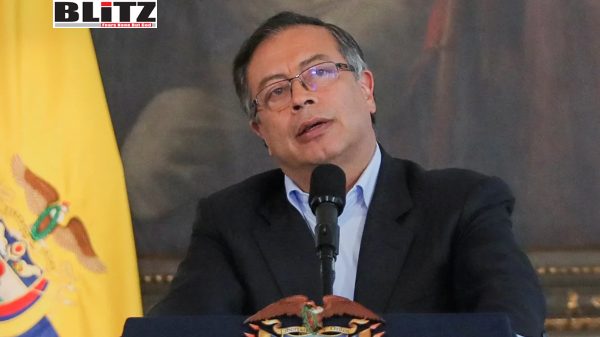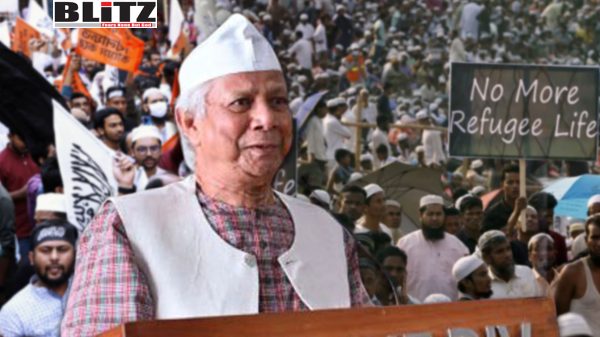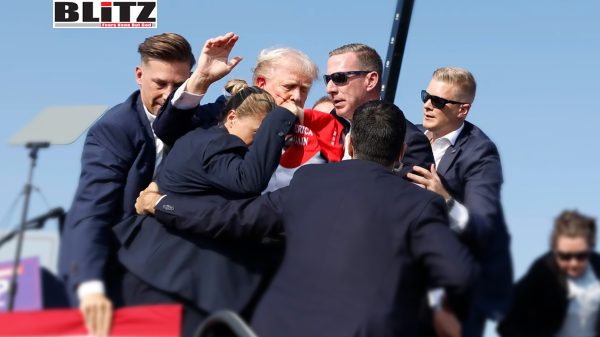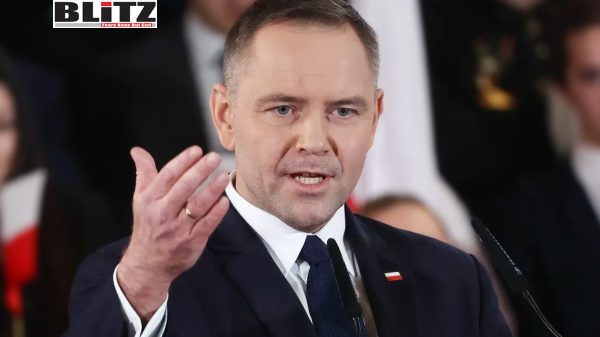Mark Rutte strengthens NATO engagement in Middle East security
- Update Time : Sunday, October 20, 2024
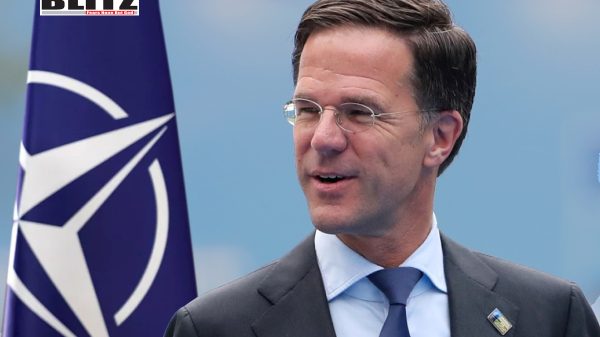
As former Dutch Prime Minister Mark Rutte steps into his new role as the Secretary-General of NATO, he finds himself at a pivotal moment in global geopolitics. With Russia’s ongoing war against Ukraine stretching into its third year, tensions in Europe are palpable. Additionally, reports of North Korean soldiers potentially being dispatched to Eastern Europe add another layer of complexity to an already precarious situation. As the United States gears up for its elections next month, uncertainty looms over its role in the transatlantic alliance, compounded by Europe’s continued shortfall in defense spending.
Amid these challenges, one issue cannot be overlooked: the volatility and instability prevalent in the Middle East. The geopolitical crises in this region have far-reaching implications for Europe, given that European nations have historically engaged in various conflicts from Iraq to Syria and have conducted naval security operations in the Gulf. Under Rutte’s predecessor, Jens Stoltenberg, NATO made strides to enhance its engagement in the Middle East, laying the groundwork for Rutte to build upon this progress.
During Stoltenberg’s tenure, NATO took significant steps to solidify its presence and relations in the Middle East. He was the first Secretary-General to visit Saudi Arabia bilaterally, signaling a shift towards deeper ties with the Kingdom. NATO reestablished its training mission in Iraq in 2017 and opened a liaison office in Kuwait to foster relations with Gulf states. This year, the alliance marks the 20th anniversary of the Istanbul Cooperation Initiative, which serves as the main platform for NATO’s engagement with Gulf nations, including Bahrain, Kuwait, Qatar, and the UAE. Stoltenberg also initiated a study on NATO’s engagement with the Global South, featuring a comprehensive analysis of the alliance’s role in the Middle East.
Rutte, having served as one of the Netherlands’ longest-serving prime ministers, possesses considerable experience in Middle Eastern affairs. He has visited the region multiple times, and Dutch forces have actively contributed to various security operations, including counter-Daesh efforts and training missions in Iraq. As he forges his strategy for NATO’s engagement with the Middle East, Rutte should prioritize three critical areas.
The first priority should be to deepen NATO’s relations with Middle Eastern countries beyond those currently involved in the Istanbul Cooperation Initiative. With a NATO Summit scheduled in Turkey for 2026, Rutte has an excellent opportunity to lay the groundwork for inviting more regional partners to join this initiative. By fostering closer relationships now, NATO can enhance its standing and influence in the region. The 2026 summit should include a NATO-Istanbul Cooperation Initiative meeting at the heads of state and government level, underscoring the importance of these relationships. A visit to the Middle East, particularly to Saudi Arabia, would be a strategic move to initiate dialogue and collaboration.
Secondly, Rutte must work closely with Baghdad to redefine NATO-Iraq security relations. As NATO continues its training mission in Iraq, the relationship has evolved significantly in recent years. In August, Iraqi National Security Adviser Qasim Al-Araji visited NATO to discuss enhancing ties and the future of the training mission. As negotiations between the U.S. and Iraq over their bilateral security relationship progress, it is crucial for NATO to maintain its momentum in building relations with the Iraqi government.
Finally, NATO should identify practical ways to collaborate with Middle Eastern nations on issues of immediate geopolitical relevance. Two pressing concerns warrant priority attention: maritime security and missile defense.
For over two decades, European nations have engaged with Gulf states in joint maritime security operations. From counterpiracy efforts off the Horn of Africa to enhancing maritime security within the Gulf, the need for continued cooperation remains urgent. Given the escalating threats from Houthi forces to international shipping lanes, it is vital for NATO and regional countries to bolster their collaborative maritime security initiatives.
Additionally, NATO must prioritize improving regional missile defense capabilities. Many NATO members have supplied advanced air defense systems to Ukraine to counter Russian missile threats, yielding valuable lessons on their effectiveness. With Iran and its proxies increasingly utilizing missiles and drones to target various sites across the Middle East, establishing a robust missile defense architecture is paramount. Coordinating closely with Middle Eastern partners on this front will ensure greater regional security and stability.
The rationale for deepening NATO’s relations with Arab nations is clear. Over the past few decades, NATO and Arab soldiers have operated side by side in diverse environments-from Afghanistan to the Balkans, and in air campaigns over Libya to naval operations in the Gulf. Given that both Europe and the Arab world share many security concerns, increasing engagement and collaboration seems not only logical but necessary.
While Europe is currently grappling with the largest land war in over 80 years, it cannot afford to neglect the other regions impacting the security of the transatlantic community. The Middle East, in particular, stands as a crucial example of where NATO’s strategic focus must remain sharp.
As Mark Rutte embarks on his new role, he faces formidable challenges. However, by building upon the foundation laid by Jens Stoltenberg and focusing on strengthening ties with Middle Eastern nations, Rutte can enhance NATO’s strategic position and foster stability in a region that significantly influences European security. The path forward requires diplomatic engagement, practical cooperation, and an unwavering commitment to shared security objectives, ensuring that NATO remains a pivotal force in addressing both current and future challenges in a rapidly changing world.


